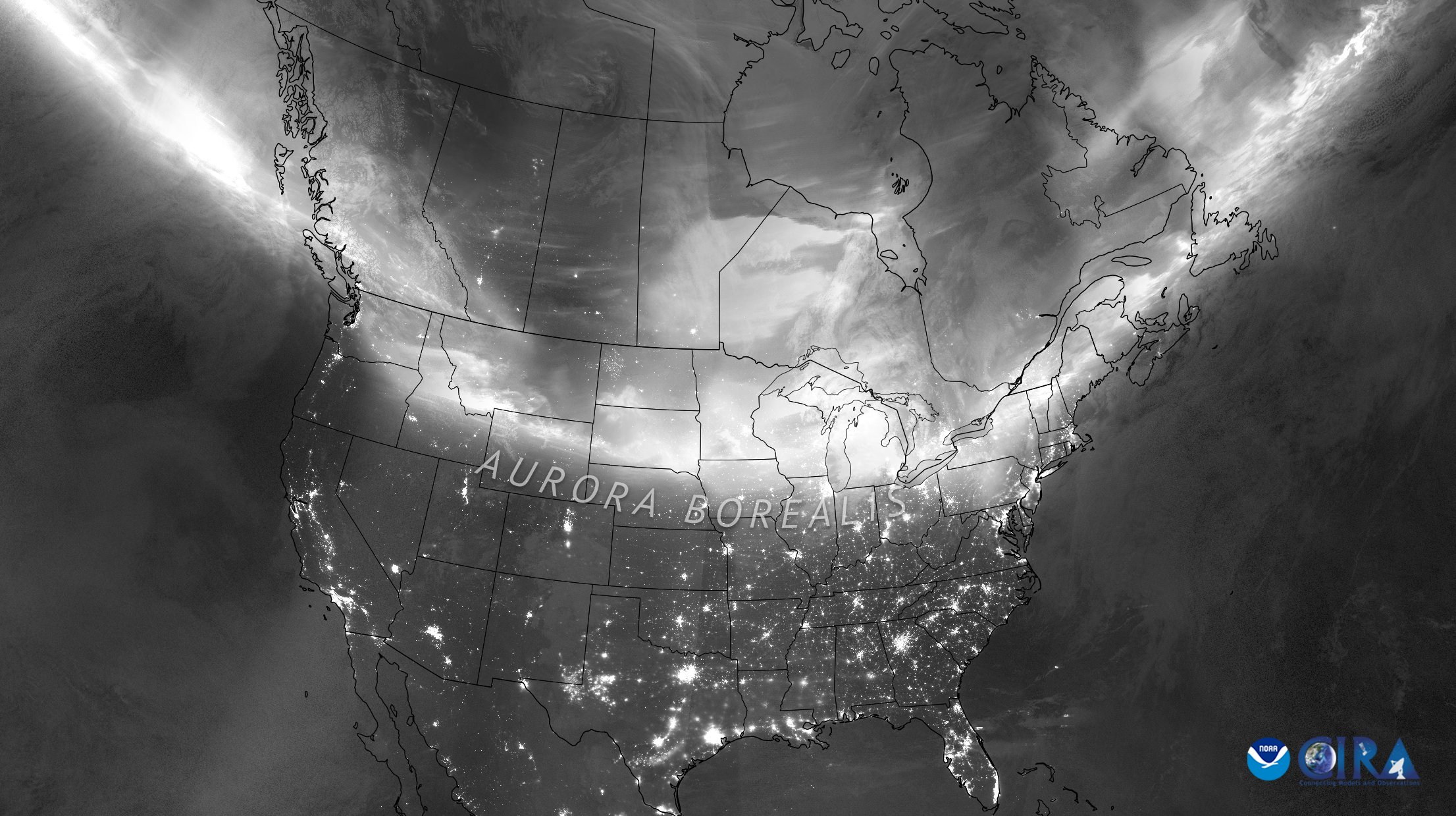Dog owners could witness their pet exhibit strange behavior during the solar eclipse if they are within the path of totality.
On April 8, the moon will be positioned so that the entire disc of the sun will be blocked in several U.S. states, plunging millions of people into darkness during the early afternoon.
The path of totality will start in Mexico and extend across Texas, Oklahoma, Arkansas, Missouri, Illinois, Indiana, Ohio, New York, Pennsylvania, Vermont, New Hampshire and Maine before heading over the North Atlantic.
The spectacle is expected to draw crowds from around the nation as people head to areas in the path of totality to witness the eclipse. Officials across the nation have voiced concerns about stretched public safety resources, an "enormous strain" on local hospitals and congested roadways. Some have even urged pet owners to stock up on resources—such as pet food—in the days before the eclipse in case grocery stores are overwhelmed.

In addition to stocking up on essential supplies, pet owners might see their dogs act strangely, such as exhibiting odd nighttime behavior or acting anxious, according to Indiana University professor Erica Cartmill, People reported.
"The most likely response is animals starting their evening routines and showing evening behaviors. If you have a dog or a cat, they might go to bed, get quieter, or start yawning and stretching," Cartmill said, according to the report.
Some dogs might even howl as the sky goes dark. Others might display signs of anxiousness, including increased panting and scratching, hiding and pacing back and forth.
Dogs may act less anxious if they notice their owners are calm, online dog magazine Dogster said. If their human owners are acting anxious during the eclipse, dogs could mimic that behavior.
Other animals also have a habit of displaying strange responses to solar eclipses. Researchers will watch animals at the Fort Worth Zoo in Texas closely during the eclipse to observe how they respond to the sudden darkness, KTVT reported.
In 2017, researchers observed strange symptoms in wild animals at a zoo in South Carolina, which was in the path of totality. For example, Galapagos tortoises suddenly started breeding, while some species exhibited signs of anxiety and others, like gibbons, elicited an unusual call.
Some Texas cities are expecting their population to triple because of the number of visitors. At least four states have urged residents to stock up on groceries and gas in the days leading up to the eclipse, as traffic is expected to overwhelm local roads, and some schools plan to close for the day.
Uncommon Knowledge
Newsweek is committed to challenging conventional wisdom and finding connections in the search for common ground.
Newsweek is committed to challenging conventional wisdom and finding connections in the search for common ground.
About the writer
Anna Skinner is a Newsweek senior reporter based in Indianapolis. Her focus is reporting on the climate, environment and weather ... Read more
To read how Newsweek uses AI as a newsroom tool, Click here.





